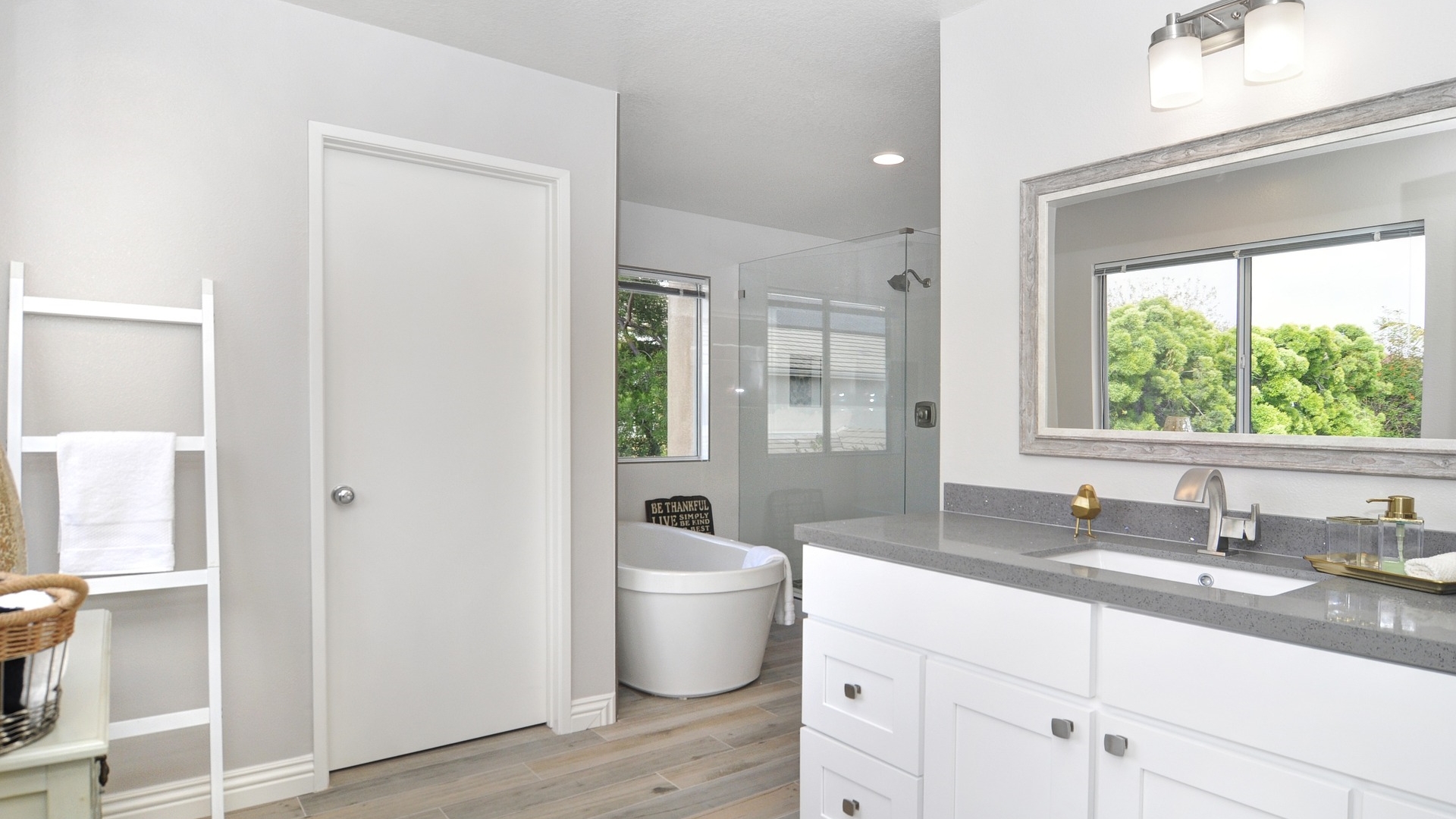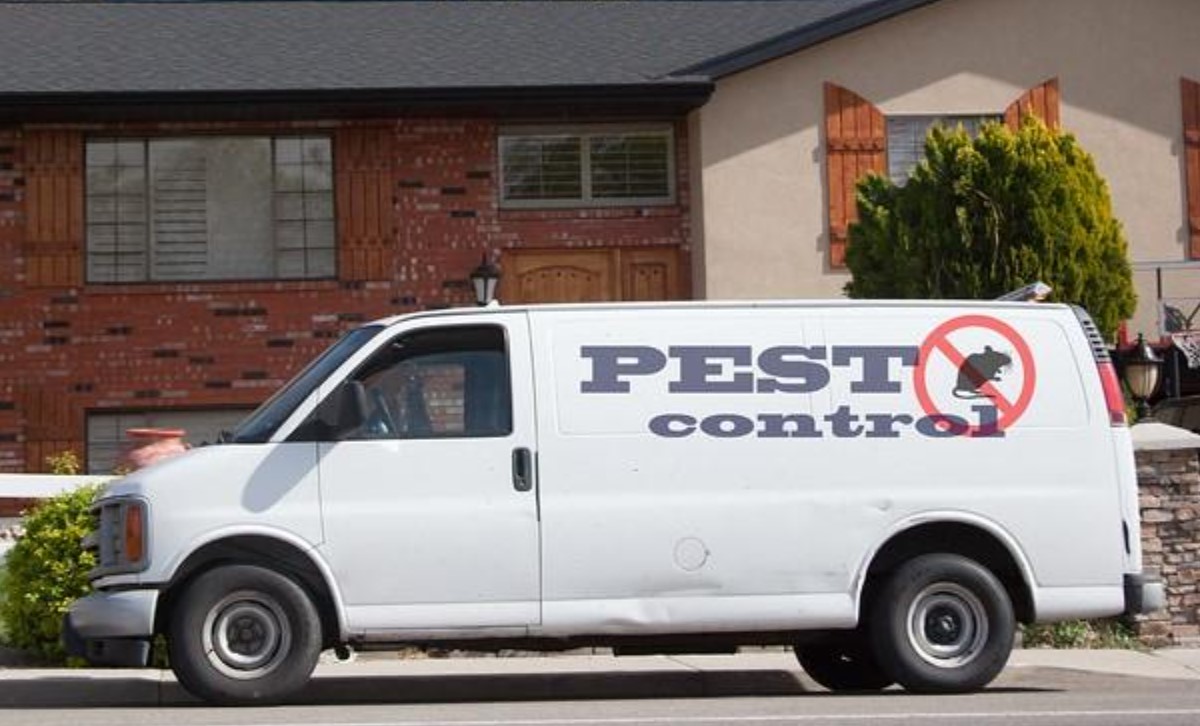Pests thrive in unclean environments, and even the smallest crumbs or spills can attract unwanted visitors. Maintaining a clean home is one of the most effective ways to prevent infestations. In areas like Alexandria and Arlington, where seasonal changes bring fluctuations in pest activity, regular cleaning becomes even more important. A well-maintained home not only reduces the risk of pests but also creates a healthier and more comfortable living space.
This article will explore how routine cleaning helps keep pests away, common problem areas in homes, and practical tips to prevent infestations.
1. Why Pests Are Attracted to Homes
Pests, including ants, cockroaches, rodents, and flies, seek out three main things: food, water, and shelter. If your home provides easy access to any of these, you’re more likely to experience an infestation.
-
Food Sources: Crumbs, spills, and improperly stored food attract pests. Even pet food left out overnight can draw rodents and insects.
-
Water and Moisture: Leaky pipes, standing water, and damp areas create a breeding ground for pests. Cockroaches and mosquitoes thrive in humid conditions.
-
Clutter and Hiding Spots: Stacks of paper, cardboard boxes, and neglected corners provide shelter for pests, making them harder to detect.
Regular cleaning disrupts these conditions and makes your home less appealing to pests.
2. The Role of Regular Cleaning in Pest Prevention
Routine cleaning is the first line of defense against pest problems. Here’s how it helps:
a) Eliminating Food Sources
One of the easiest ways to prevent pests is to remove their access to food.
-
Wipe down kitchen counters and dining tables after every meal.
-
Sweep and vacuum floors daily to remove crumbs and food particles.
-
Store food in airtight containers to keep pests from getting inside.
-
Take out the trash regularly, especially if it contains food waste.
Even small crumbs behind appliances or under furniture can attract pests like ants and cockroaches.
b) Controlling Moisture
Many pests thrive in damp environments, making moisture control a key part of pest prevention.
-
Fix leaky faucets and pipes to prevent standing water.
-
Use a dehumidifier in humid areas like basements.
-
Wipe down sinks and bathtubs after use to prevent excess moisture buildup.
Addressing moisture issues reduces the likelihood of pests such as silverfish, cockroaches, and mosquitoes.
c) Reducing Clutter and Hiding Spots
Pests love dark, undisturbed places where they can nest and reproduce.
-
Keep storage areas organized and avoid piling up newspapers or cardboard boxes.
-
Vacuum along baseboards and under furniture to eliminate hiding spots.
-
Declutter garages, basements, and attics to prevent rodents from nesting.
By regularly cleaning and organizing your home, you make it harder for pests to settle in.
3. Common Problem Areas for Pest Activity
Some areas of the home are more prone to pest infestations than others. Here’s where to focus your cleaning efforts:
a) Kitchen
-
Wipe down countertops and stovetops daily.
-
Clean up food spills immediately.
-
Store dry goods in sealed containers.
-
Empty and clean garbage cans frequently.
b) Bathroom
-
Keep drains free of hair and debris to prevent moisture buildup.
-
Regularly clean under sinks where leaks may occur.
-
Ensure proper ventilation to reduce humidity.
c) Bedrooms and Living Areas
-
Vacuum carpets and rugs weekly to remove dust and crumbs.
-
Keep clothing and linens clean to prevent fabric pests like moths.
-
Store seasonal clothing in sealed bins to deter pests.
d) Garage and Basement
-
Organize stored items in plastic bins rather than cardboard boxes.
-
Keep firewood and stored items at least a few inches off the ground.
-
Seal any cracks or gaps in walls where pests could enter.
Focusing on these high-risk areas significantly reduces the chances of a pest problem.
4. Seasonal Cleaning Tips for Pest Prevention
Different pests become more active in different seasons. Adjusting your cleaning habits accordingly can help keep them at bay.
Spring and Summer
-
Deep clean kitchens and pantries to remove food crumbs.
-
Inspect window screens and doors for gaps that pests could enter through.
-
Keep outdoor areas free of standing water to prevent mosquito breeding.
Fall and Winter
-
Check for rodent entry points in attics, basements, and garages.
-
Store firewood away from the home to prevent termite infestations.
-
Vacuum and clean heating vents to remove dust and allergens.
Being proactive about seasonal cleaning ensures year-round pest control.
5. Natural Cleaning Solutions to Deter Pests
Using natural cleaning solutions not only keeps your home fresh but also helps repel pests.
a) Vinegar and Water
A simple mix of vinegar and water can deter ants and disinfect surfaces.
-
Spray around windows, doorways, and baseboards to repel ants.
-
Use vinegar to clean kitchen counters and remove food residue.
b) Baking Soda
Baking soda is a non-toxic cleaner that absorbs odors and can help eliminate pests like cockroaches.
-
Sprinkle baking soda in areas prone to moisture to prevent mold and mildew.
-
Combine with vinegar to clean drains and remove the buildup that attracts pests.
c) Essential Oils
Certain essential oils have pest-repelling properties.
-
Peppermint oil deters spiders and mice.
-
Lavender oil keeps moths away from closets and storage areas.
-
Lemon oil can repel ants and cockroaches.
These natural alternatives provide a safe way to keep pests out without using harsh chemicals.
6. The Importance of Routine Deep Cleaning
In addition to regular upkeep, periodic deep cleaning plays a crucial role in long-term pest control.
-
Carpet Cleaning: Steam cleaning carpets removes dust mites and pests hidden deep in fibers.
-
Baseboard and Wall Cleaning: Wiping down baseboards and walls eliminates hidden pest trails.
-
Mattress Cleaning: Vacuuming and sanitizing mattresses reduce the risk of bedbugs and dust mites.
A structured cleaning schedule, including both daily maintenance and deep cleaning, prevents pests from becoming a recurring issue.
Keeping a home pest-free starts with a consistent and thorough cleaning. By eliminating food sources, controlling moisture, reducing clutter, and addressing common problem areas, you can prevent infestations before they begin. Seasonal adjustments, natural repellents, and deep cleaning further strengthen your home’s defense against pests.
A clean home isn’t just about appearance—it’s about creating a healthy and safe environment where pests have no place to thrive.











